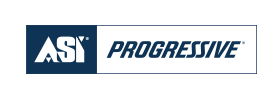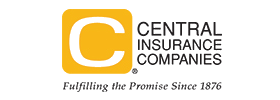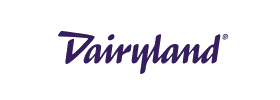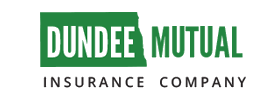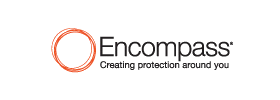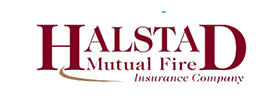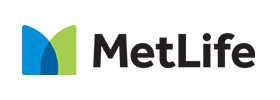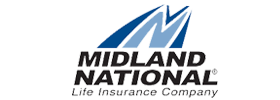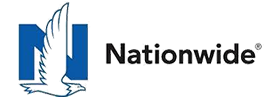Does Home Insurance Cover Working From Home?
Now that we live in a world with COVID-19, working from home is becoming more popular. Many businesses are realizing the benefits of having remote employees, so this may be the new “normal.”
Whether you’ve been working from home for years or you just started, it’s important to have the right insurance coverage. You might assume your home insurance will pay for any injuries or damages, but that’s not always the case.
There are also some safety measures that need to be considered when working from home. There’s probably not much risk if you’re just working from the couch for a day. But when you’re talking weeks, months, or even longer, the risks add up.
Here are some things you should consider when it comes to health, safety and insurance while you’re working from home.
Workplace Safety
From the perspective of the employer, Workers’ Compensation risks are higher. With the change in the work environment brings the potential for more hazards.
There isn’t an HR department or maintenance staff on site to prevent potential injuries. When working from home, you have the sole responsibility of keeping a safe work environment.
It isn’t fun to be injured, which is reason enough to keep your workspace safe. On top of that, if you get injured in a workplace accident, you’re usually only paid a portion of your normal salary. While your medical bills may be covered if you’re injured at work, it can still be difficult to only receive a partial paycheck. Especially if you’re out of work for an extended period of time.
There are some simple steps you can take to make your home a safe work environment.
Eliminate Trip, Slip, and Fall Hazards
According to Insurance Journal, trips, slips, and falls are the second leading cause of Workers’ Compensation claims in the United States.
To avoid unnecessary risk:
- Make sure to keep floors clear.
- Rugs should have an anti-slip backing.
- Arrange power cords and cables so they are covered and away from foot traffic.
- Clean any spills or wet areas immediately.
Ergonomics are Essential
Musculoskeletal disorders are common workplace injuries. Such disorders include carpal tunnel syndrome, neck tension, and tendonitis. Common causes include repetitive movements, overuse of muscles, and prolonged periods of immobilization.
The setup of your work equipment and layout of your office are critical. Keep in mind your physical capabilities and limitations. Adjust your workstation to your body and not your body to the workstation.
Consider using a chair that offers more support and an adjustable desk so you can stand. Wrist support for your mouse and keyboard can also help prevent injury.
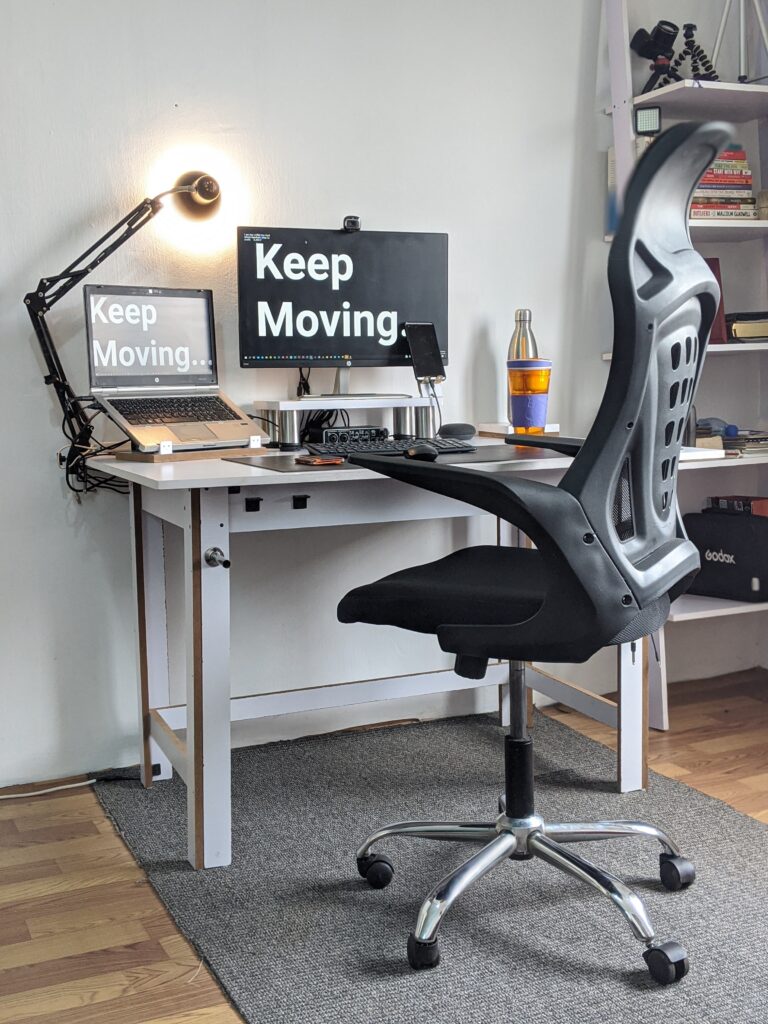
Boston University’s DOs and DON’Ts of Ergonomics for those working from home:
- DON’T hunch over your laptop
- Do work at an appropriate height
- DO use an office chair if possible
- DON’T give up on your current chair
- DON’T let your feet dangle
- DO follow the 20/20/20 rule
- DON’T turn your couch into a workstation
- DO customize a space to fit you
- DON’T skip lunch and make sure you stay hydrated
- DO make sure you get up and walk around
Fire Safety
Fires don’t take a break during work hours. You can’t always prevent a fire, but you can be prepared.
- Make sure you have a fire extinguisher in an easily accessible location.
- Check smoke alarms monthly.
- Ensure walkways, aisles, and doorways are unobstructed. In the event of a fire, these are your means of escape.
Liability Exposure
If you run a business and you don’t have a dedicated office space outside of your home, it’s likely classified as a home business. That can be true even if you meet clients outside your home.
There are many home businesses that people don’t think about when it comes to insurance. Some examples are selling Mary Kay, customer service or other computer-based jobs, and photography.
Your home insurance covers your personal liability, but not necessarily your business liability. If a friend got hurt on your property, your liability coverage would extend. The same may not be true for a client or business partner. If a client fell at your home, there’s a good chance your home insurance wouldn’t pay for their injuries.
Some insurance companies offer endorsements that you can add to your home policy to cover business risks. Most carries will only accept limited business risks, which depends on the frequency of foot traffic.
If there isn’t an endorsement you can add to your home policy, you should consider getting a commercial policy to cover your business risks. It’s important to have the correct coverage for your unique situation.
Are you unsure if you have the coverage you need? Give us a call or Request a Quote today.
Business Property Coverage
Most homeowners policies exclude coverage for any property related to business.

That could mean a computer, camera equipment or even paint and canvases. If property is used for your business, it wouldn’t be covered if something happened to it.
If you sell any products out of your home, those wouldn’t be covered on your home policy either. The same is true if you travel to other locations to sell, like fairs or farmers markets.
You may be able to add some coverage to your policy for business property. Since a home policy is meant to cover personal belongings, the coverage options for business property are limited.
There are commercial policies available to cover any contents or property used in your business pursuits. If you have valuable equipment that you want coverage for, a commercial policy is the safest option.
Commercial Policies to Consider if You’re Working from Home
Some commercial policies that may help protect your business include:
Commercial Property Insurance- to cover the workspace, contents, and lost income in the event of a covered loss.
General Liability Insurance- to protect your business and assets against claims of bodily injury, property damage, and in many cases personal injury or advertising errors.
Commercial Auto Insurance- if your vehicle is used to transport clients, business associates, or business property.
Commercial Umbrella Coverage- to give you additional liability protection for your business assets.
Errors and Omissions– If you give any sort of advice as part of your business, you could be held responsible for inadequate or incomplete information. An Errors and Omissions policy would cover that risk.
Even if you’re only working from home temporarily, it’s important to have the right coverage. You never know when something could happen and you don’t want to be stuck paying out-of-pocket.
It can be confusing to figure out what coverage you need. We’re happy to answer any questions you have and tailor coverage for your unique situation.
- My boat is already paid for and rarely used. Should I still invest in boat insurance?
- Wondering If Homeowners Insurance Is A Smart Investment? What to Know
- Commercial Insurance: Security Upgrades For An Office Setting
- The Difference Between Classic, Historic, Vintage, and Restored Automobiles
- Recreational Drone Insurance: Flying with Peace of Mind
- My boat is already paid for and rarely used. Should I still invest in boat insurance?
- Wondering If Homeowners Insurance Is A Smart Investment? What to Know
- Commercial Insurance: Security Upgrades For An Office Setting
- The Difference Between Classic, Historic, Vintage, and Restored Automobiles
- Recreational Drone Insurance: Flying with Peace of Mind



